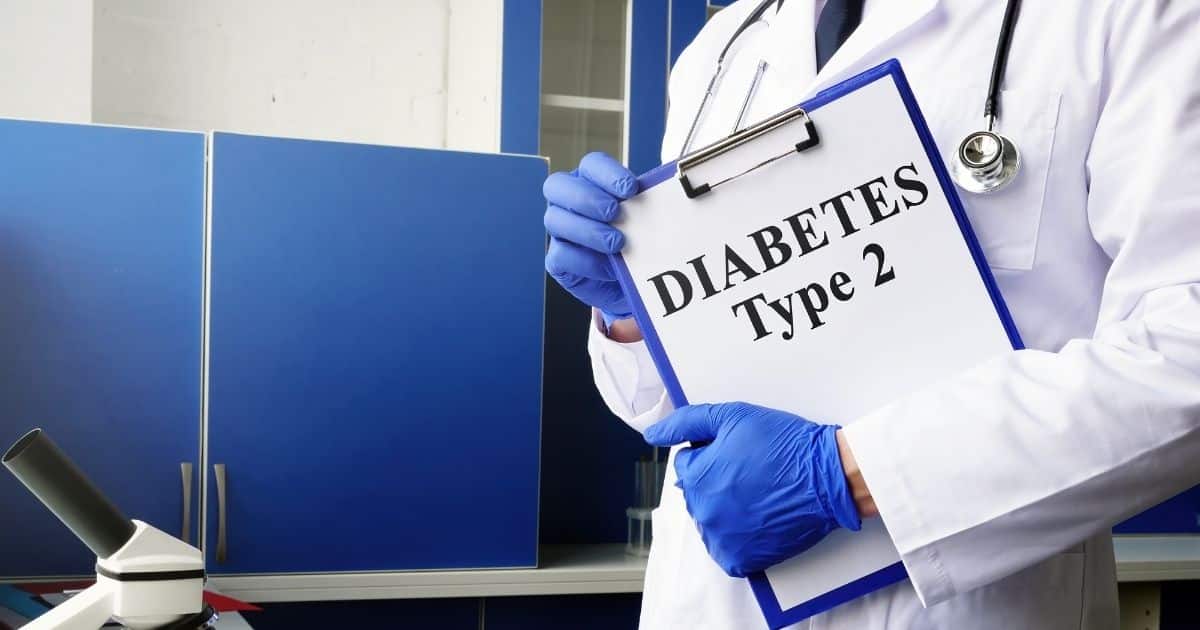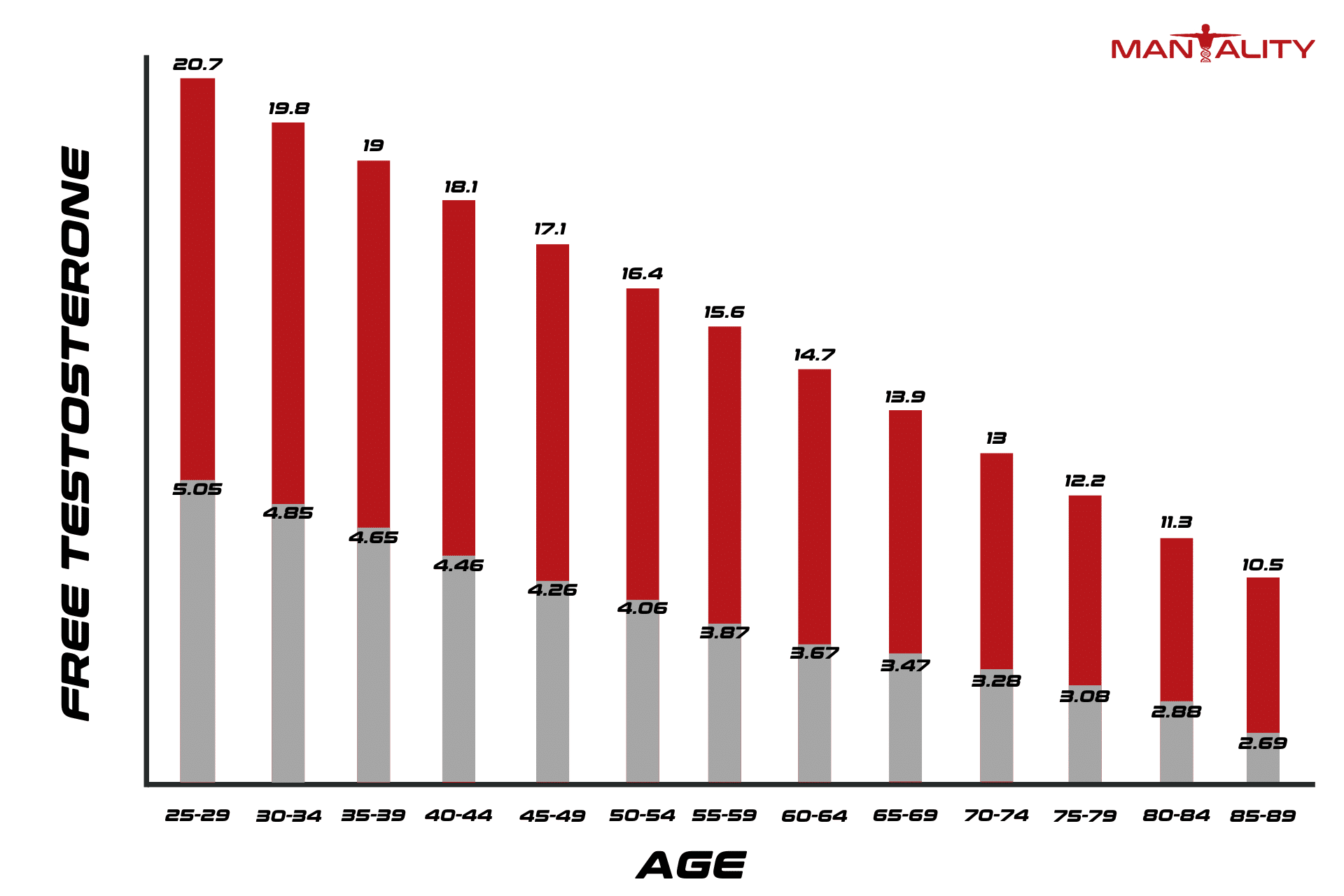The symptoms and signs of low testosterone (hypogonadism) are well-known: erectile dysfunction (ED), decreased sex drive, mood swings, depression, difficulty concentrating, decreased muscle strength and mass, lack of energy, and more. Studies show that aging men with type 2 diabetes are twice as likely to suffer from low testosterone. (Diabetes.org) Thankfully, the belief that men with low testosterone production are more susceptible to contract type 2 diabetes is unfounded.
Low testosterone is known to cause diminished sensitivity or even resistance to insulin, a known element of glycemic control. The Warsaw University Department of Internal Diseases, Diabetology, and Endocrinology and the Medical Centre for Postgraduate Education Department of Endocrinology (Warsaw, Poland) published a 2013 study revealing the contribution of hypogonadotropic hypogonadism (HH) in aging men towards contracting type 2 diabetes (diabetes mellitus). (Hindawi) An overwhelming variable in the men examined was the presence of concentrated estradiol (estrogen).
Ongoing studies published in the BioMed Research International demonstrate that low testosterone levels are proven indicators whether aging men may develop type 2 diabetes. A 2013 published study of over 300 men further revealed that 44 percent of study participants suffered from type 2 diabetes and low testosterone production. Comparatively, only 33 percent of participants suffered from low testosterone production and not type 2 diabetes. (Everyday Health)
Restoring testosterone production to healthy levels in aging men can reduce the risk of contracting type 2 diabetes. Eliminating the threat of the life-threatening complications of type 2 diabetes is just one of the excellent benefits of testosterone replacement therapy (TRT).
Our Low T St. Louis staff created a FREE eBook available here for immediate download to help you learn more about the many benefits of TRT. Download your FREE eBook right now and schedule your next appointment today with our Low T St. Louis team.




